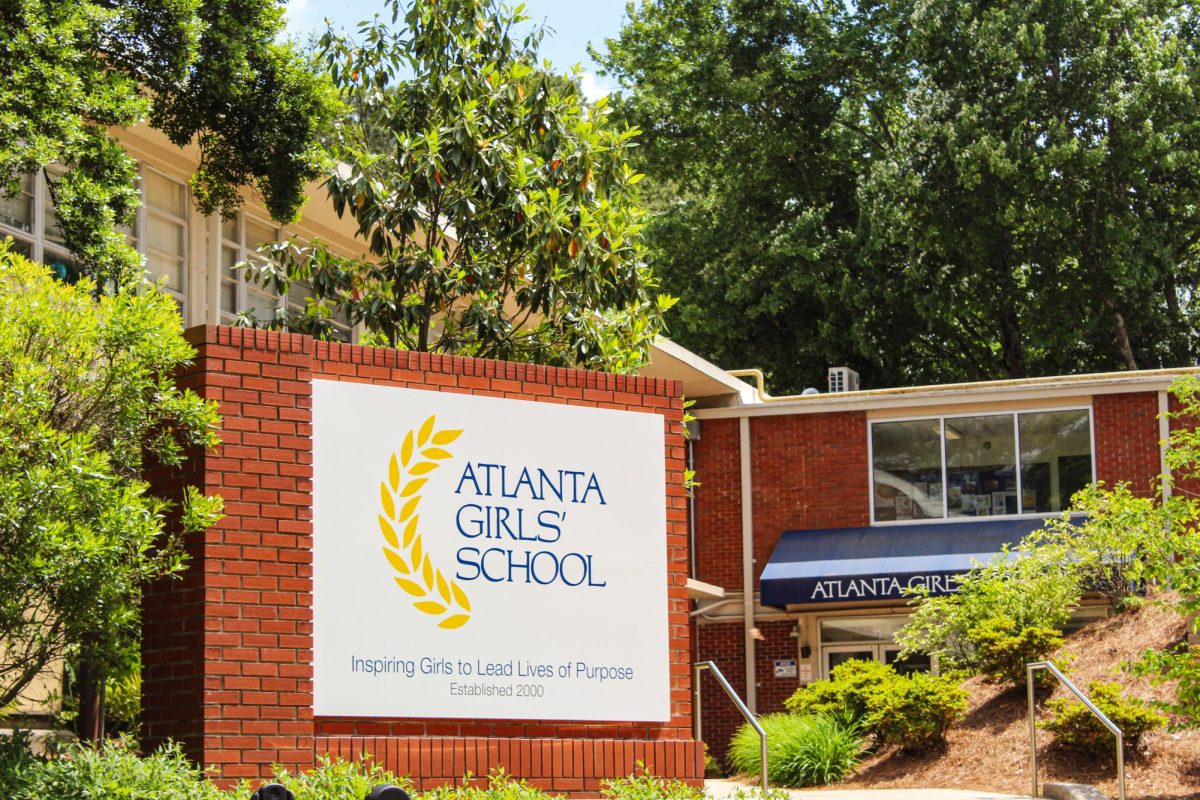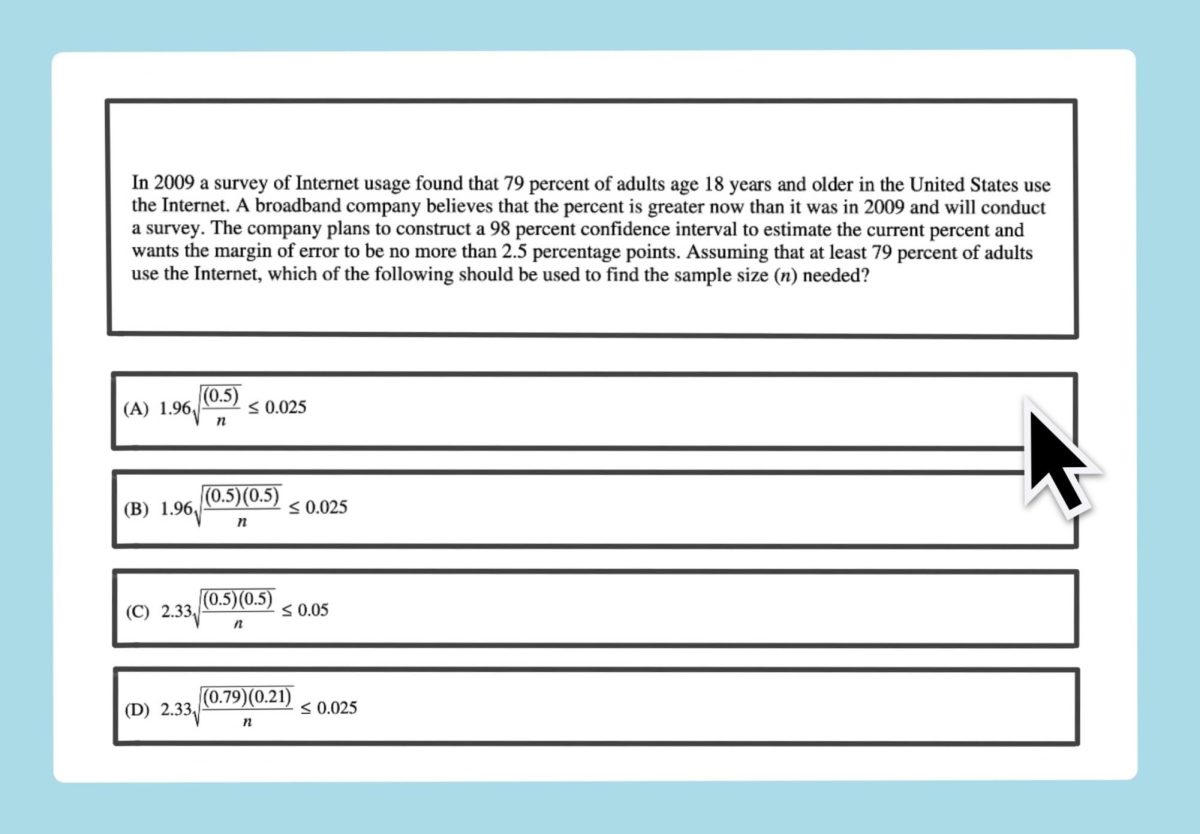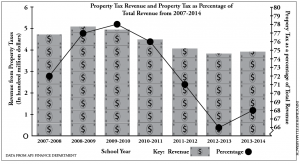Since the U.S. economy crashed in 2008, many people and businesses across the country have been tightening their belts and cutting items from their budgets. APS is no exception.
Except for a slight increase in 2012, the school system’s budget has decreased since 2008. Some of those cutbacks include furlough days and a pay freeze for the past five years.
APS Chief Financial Officer Chuck Burbridge said the system has been doing its best to avoid cutting items from the classroom.
“Think of what a school district holds dear,” Burbridge said. “Our No. 1 thing is that we try to protect the classroom. So we have not had any layoffs per se of teachers and we haven’t cut any programs for students.”
Burbridge also said that as a result of the shrinking budget, the system has had to be more judicious in its spending and has made cuts to various departments. Many of the cuts APS has made include layoffs, a reduction in the number of contractors hired by the system and an increase in class sizes.
“The biggest thing is that we all share the pain,” Burbridge said. “I think in our peak we took four furlough days.”
Most of the revenue that APS receives comes from the yearly property taxes paid by Georgia residents who live in APS’s district. During the economic bust in 2008, the housing market crashed, causing many foreclosures, a stall in new constructions and the loss in value of existing properties. The downturn in the housing market caused a drop in property tax revenue and the percentage of property tax as part of the annual budget dropped from 78 percent in 2009 to 66 percent in 2012. According to Burbridge, the system lost $100 million in property taxes from 2009 to 2012.
Fortunately for the system, APS had a few safety nets to keep it afloat during the recession.
“We had a large fund balance as we went into the recession so we tried to use our fund balance to help us manage through [the recession],” Burbridge said. “We also had a couple events or nonrecurring revenue come in that was also beneficial during that time period. Those were all things that worked together that really helped us get through a very tough time.”
One of those nonrecurring revenues (revenue that is not received yearly) Burbridge mentioned was a large sum of e-rate money that was given to the system. E-rate is the federal reimbursement that APS receives on its expenses for internet and telephone services.
“The district had not received any e-rate money for basically 10 years while the federal government was renewing our practices,” Burbridge said. “And so finally, a couple years ago we were able to demonstrate to them that our processes were sufficiently stellar, and they agreed to let us start receiving e-rate money again.”
According to Burbridge, the system received $15 millions in e-rate money to cover to the past 10 years.
APS might be able to expect more money to flow into its coffers in the next couple years. The United States Department of Housing and Urban Development’s 2013 Comprehensive Housing Market Analysis for the Atlanta-Sandy Springs-Marietta is an encouraging sign of a rebound in Atlanta’s housing market.
According to the USHUD, from July 2012 to June 2013, existing home sales increased 19 percent and the average price of a home was $187,000, up eight percent from the July 2011 to June 2012 average price. The USHUD also said in the 2013 report that, “During the next three years, demand is expected for 55,700 new sales units.”
Charles Huggins, a regional economist with the federal housing agency, said that there are many factors that contribute to the fluctuations of Atlanta’s housing market.
“From our perspective, it is mainly what’s going to generate growth in terms of employment,” Huggins said. “The model that we use in estimating demand [for housing] starts with employment growth, leading to population growth and household growth, which leads to demand for housing.”
Burbridge said that the recent upturn in Atlanta’s housing market makes him optimistic for APS’s future budgets.
“We are starting to see that existing properties are starting to rebound in value, and we are also starting to see new properties being added to the digest,” Burbridge said. “So as the tax assessor does his work, those additional values are put into our tax base, and we should see additional revenue as a result of that.”
Burbridge said that the revenue the APS Financial Office expects to receive will be put into reversing some of the cuts that were changed during the recession.
“The board has identified that they want to have no furlough days and they want to provide employees with raises for the first time in five years,” Burbridge said.
APS’s 2014-2015 school year proposed budget vote was delayed from its original date, April 14, due to debate surrounding where the money should be put. As Burbridge said, the school board advocated for no furlough days and pay raises for employees in the proposed budget. Some members of the board also pushed for smaller class sizes, but many people have criticized the budget for not decreasing class size enough. A petition was started to ask the board not to pass the proposed budget until more money is given to decrease class sizes. The vote will take place on April 22.









